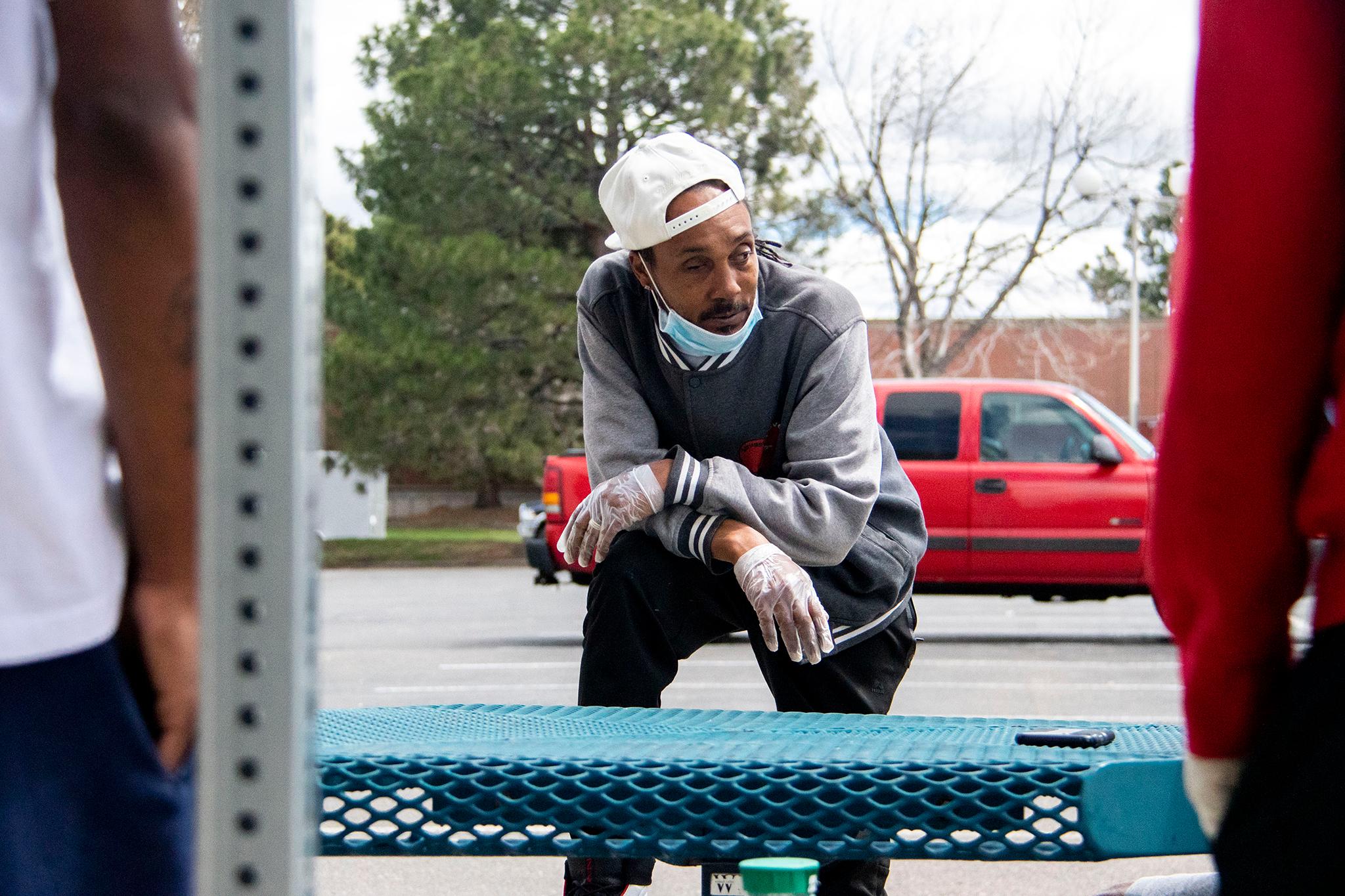The Denver Department of Public Health & Environment is offering food pantries and other nonprofit organizations grants of between $5,000 and $50,000 to help them fight hunger during the pandemic.
The department began accepting applications here on Thursday for Denver Emergency Food Relief Fund grants. The fund has about $1 million in federal money that must be spent on COVID-19 relief efforts before the end of 2020. Applications will be accepted through 5 p.m. on July 15, and recipients will be announced before the end of the month. Only one round of funding is scheduled now, but applications may be accepted again if more money becomes available.
"The COVID-19 crisis has exposed the already deep need for access to healthy food in Denver," Bob McDonald, the department's executive director, said in a statement.
His department estimates that amid the economic slowdown linked to COVID-19, the portion of Denver residents who cannot be sure of getting enough to eat has increased from 11 percent to about a quarter of the city's population. Pantries have seen demand increase by as much as 10 times.
The Denver Emergency Food Relief Fund grants must be spent on those affected by COVID-19, including families with a member who has contracted the virus or has lost a job due to the pandemic's impact on the economy. The public health department plans to compare the number of people an applicant served before the pandemic to the number it is serving now and require that grant recipients use funds only for the new people getting help.
The department said the fund is designed to help nonprofit organizations such as food pantries, faith-based organizations and emergency food providers distribute food to seniors, people with disabilities and underlying health conditions and families or households where a member has contracted the new coronavirus. Grant recipients must be in the city and county of Denver and serve Denver residents with any funds awarded.
The department is targeting communities in low- and moderate-income neighborhoods with higher rates of food insecurity such as Elyria- Swansea, Globeville, Northeast Park Hill, East Colfax, West Colfax, Montbello, Sun Valley, Valverde, Villa Park, Westwood, College View South, Lincoln Park, Barnum, Athmar Park and Goldsmith. The department also is focusing on vulnerable populations, including communities of color, people experiencing poverty or homelessness, immigrants and refugees, LGBTQ and veterans.














